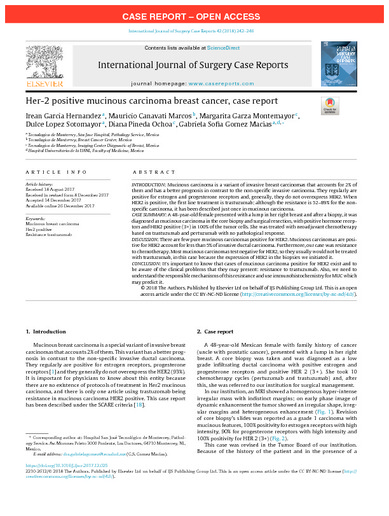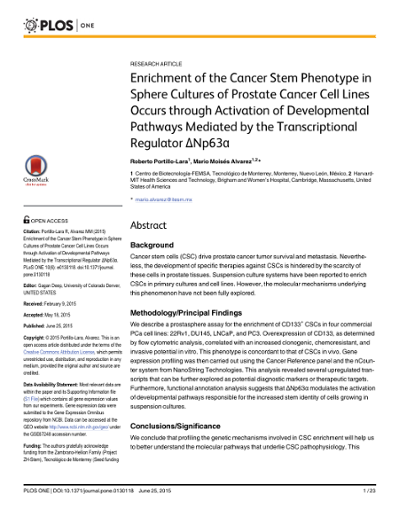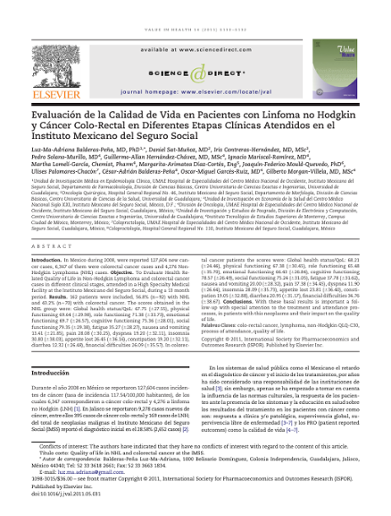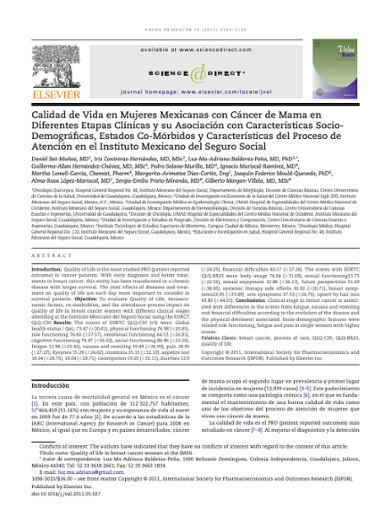| dc.creator | Garcia Hernandez I. | |
| dc.creator | Canavati Marcos M. | |
| dc.creator | Garza Montemayor M. | |
| dc.creator | Lopez Sotomayor D. | |
| dc.creator | Pineda Ochoa D. | |
| dc.creator | Gomez Macias G.S. | |
| dc.date | 2018 | |
| dc.date.accessioned | 2018-04-09T17:15:17Z | |
| dc.date.available | 2018-04-09T17:15:17Z | |
| dc.identifier.issn | 22102612 | |
| dc.identifier.doi | 10.1016/j.ijscr.2017.12.025 | |
| dc.identifier.uri | http://hdl.handle.net/11285/628072 | |
| dc.description | Introduction Mucinous carcinoma is a variant of invasive breast carcinomas that accounts for 2% of them and has a better prognosis in contrast to the non-specific invasive carcinoma. They regularly are positive for estrogen and progesterone receptors and, generally, they do not overexpress HER2. When HER2 is positive, the first line treatment is trastuzumab; although the resistance is 52–89% for the non-specific carcinoma, it has been described just once in mucinous carcinoma. Case summary A 48-year-old female presented with a lump in her right breast and after a biopsy, it was diagnosed as mucinous carcinoma in the core biopsy and surgical resection, with positive hormone receptors and HER2 positive (3+) in 100% of the tumor cells. She was treated with neoadjuvant chemotherapy based on trastuzumab and pertuzumab with no pathological response. Discussion There are few pure mucinous carcinomas positive for HER2. Mucinous carcinomas are positive for HER2 account for less than 5% of invasive ductal carcinoma. Furthermore, our case was resistance to chemotherapy. Most mucinous carcinomas test negative for HER2, so they usually would not be treated with trastuzumab, in this case because the expression of HER2 in the biopsies we initiated it. Conclusion It's important to know that cases of mucinous carcinoma positive for HER2 exist and to be aware of the clinical problems that they may present: resistance to trastuzumab. Also, we need to understand the responsible mechanisms of this resistance and use immunohistochemistry for MUC which may predict it. © 2017 | |
| dc.language | eng | |
| dc.publisher | Elsevier Ltd | |
| dc.relation | https://www.scopus.com/inward/record.uri?eid=2-s2.0-85039702099&doi=10.1016%2fj.ijscr.2017.12.025&partnerID=40&md5=85dd92ef794ab544f3f3f18e3ba8927b | |
| dc.rights | openAccess | |
| dc.source | International Journal of Surgery Case Reports | |
| dc.source | Scopus | |
| dc.subject | epidermal growth factor receptor 2 | |
| dc.subject | estrogen receptor | |
| dc.subject | mucin | |
| dc.subject | pertuzumab | |
| dc.subject | progesterone receptor | |
| dc.subject | trastuzumab | |
| dc.subject | adult | |
| dc.subject | Article | |
| dc.subject | breast biopsy | |
| dc.subject | cancer adjuvant therapy | |
| dc.subject | cancer cell | |
| dc.subject | cancer combination chemotherapy | |
| dc.subject | cancer diagnosis | |
| dc.subject | cancer grading | |
| dc.subject | cancer hormone therapy | |
| dc.subject | cancer size | |
| dc.subject | cancer surgery | |
| dc.subject | case report | |
| dc.subject | cell size | |
| dc.subject | clinical article | |
| dc.subject | clinical feature | |
| dc.subject | colloid carcinoma | |
| dc.subject | cytoplasm | |
| dc.subject | drug treatment failure | |
| dc.subject | eosinophil | |
| dc.subject | family history | |
| dc.subject | female | |
| dc.subject | human | |
| dc.subject | human cell | |
| dc.subject | human epidermal growth factor receptor 2 positive breast cancer | |
| dc.subject | immunohistochemistry | |
| dc.subject | middle aged | |
| dc.subject | neoadjuvant chemotherapy | |
| dc.subject | priority journal | |
| dc.subject | sentinel lymph node biopsy | |
| dc.subject | simple mastectomy | |
| dc.subject | surgical margin | |
| dc.subject | treatment response | |
| dc.subject | tumor biopsy | |
| dc.title | Her-2 positive mucinous carcinoma breast cancer, case report | |
| dc.type | Artículo | |
| dc.identifier.volume | 42 | |
| dc.identifier.startpage | 242 | |
| dc.identifier.endpage | 246 | |
| refterms.dateFOA | 2018-04-09T17:15:17Z | |



